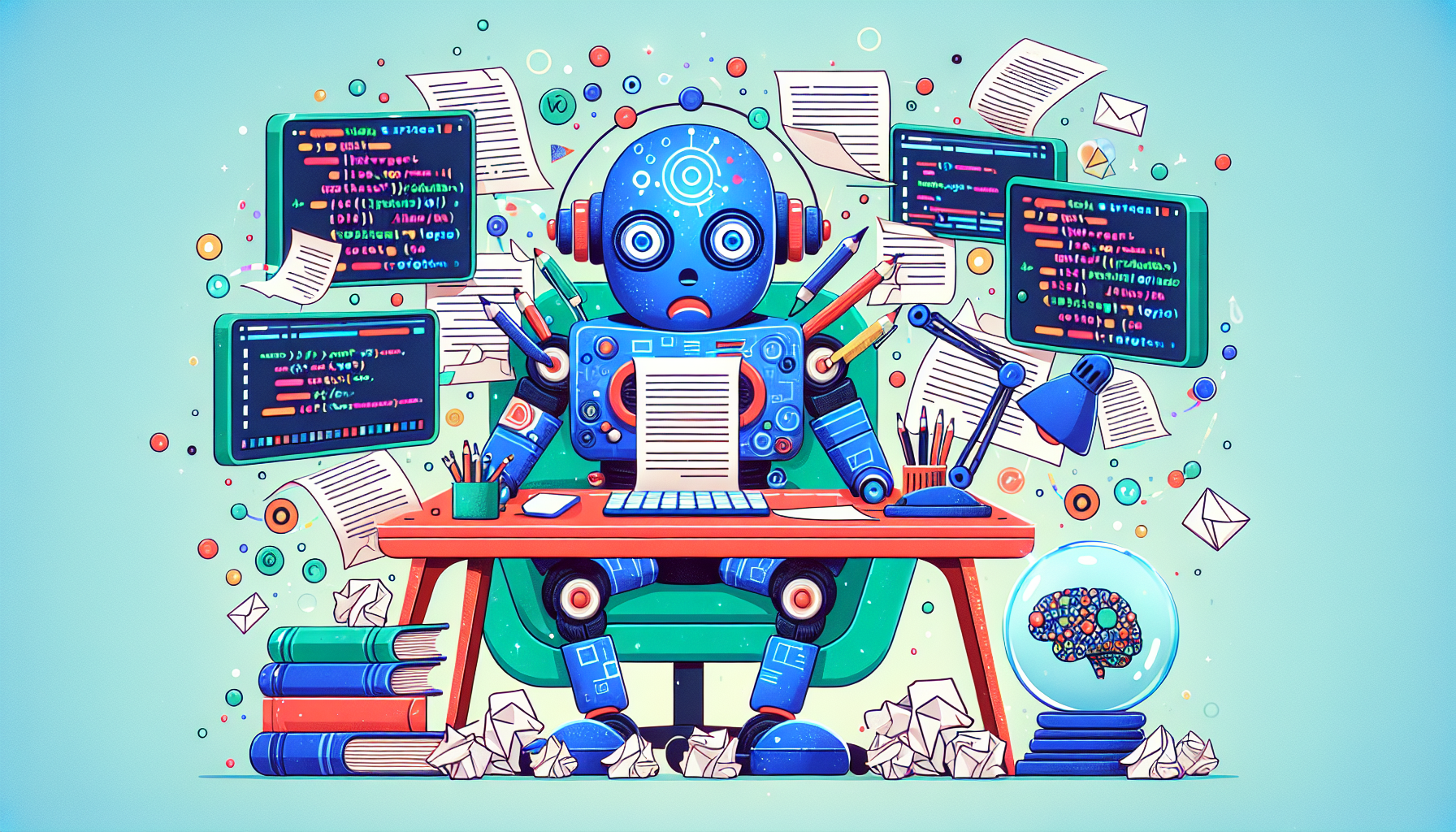
Introduction to AI-Driven Screenwriting
Artificial Intelligence (AI) has steadily made its foray into the creative world, promising a revolution in how stories are told and visual narratives are constructed. AI-driven screenwriting involves the use of sophisticated algorithms to generate scripts for movies, television shows, and other forms of visual entertainment. While the prospect of AI in screenwriting offers intriguing possibilities such as increased efficiency, new storytelling techniques, and democratized content creation, it also presents a unique set of challenges.
Understanding Creativity and Nuance
One of the fundamental challenges lies in the AI’s ability to truly understand and replicate human creativity and the nuances of emotion and dialogue that give depth to storytelling. Creativity is not merely the generation of new ideas but involves emotional intelligence, understanding diverse human experiences, and a deep comprehension of cultural subtleties. AI systems, no matter how advanced, struggle to grasp the complexities of human emotions and the subtleties that make stories resonate on a personal level.
Emotional Depth and Relatability
A critical component of screenwriting is creating characters and narratives that audiences can connect with on an emotional level. AI-driven scripts often lack the depth and relatability required to evoke genuine emotional responses from viewers. As a result, stories may feel superficial or disconnected from human experiences, diminishing the audience’s engagement and satisfaction.
Ethical Considerations and Bias
Another significant challenge is the handling of ethical considerations and inherent biases within AI systems. AI algorithms learn from vast datasets that, unfortunately, may contain biased information or portrayals. This can lead to the reinforcement of stereotypes and the propagation of one-dimensional characters and narratives. Furthermore, the ethical implications of using AI in screenwriting, such as authorship rights, compensation, and the potential for misuse, remain contentious issues requiring careful consideration.
Authorship and Originality
The question of authorship and originality in AI-generated content is complex. Determining who holds the copyright to a script generated by AI – the developer of the algorithm, the user, or the AI itself – presents legal and ethical dilemmas. Additionally, the issue of originality comes to the forefront, as AI systems may inadvertently replicate existing works without proper attribution, leading to concerns about plagiarism and the erosion of creative integrity.
Technical Limitations and Implementation
Technical limitations also pose challenges to the effective implementation of AI in screenwriting. Developing algorithms capable of generating high-quality scripts requires immense computational power and sophisticated programming. Keeping these systems up to date with the latest linguistic and narrative trends necessitates ongoing maintenance and significant financial investment. Furthermore, the integration of AI into the traditional screenwriting process involves overcoming skepticism and resistance from industry professionals who may view AI as a threat to their craft and livelihood.
The Collaboration between AI and Humans
To address these challenges, the future of AI-driven screenwriting likely lies in a collaborative approach that leverages the strengths of both AI and human creativity. By using AI as a tool for generating ideas, enhancing productivity, and assisting with certain aspects of the writing process, while relying on human writers to infuse stories with emotional depth, cultural nuances, and ethical considerations, the potential pitfalls of AI-driven screenwriting can be mitigated. Such a partnership could enrich the storytelling process, leading to innovative and compelling narratives that entertain and inspire.
Conclusion
AI-driven screenwriting is a pioneering field that presents as many opportunities as it does challenges. As technology advances, so too will the ability of AI to contribute meaningfully to the creative processes involved in screenwriting. However, overcoming the hurdles of understanding human creativity, addressing ethical concerns and biases, and navigating technical limitations requires a nuanced approach. The collaborative synergy between human insight and AI capabilities may hold the key to unlocking the true potential of AI in transforming the landscape of screenwriting.






